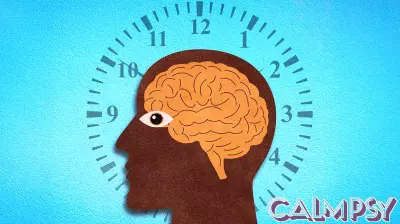Gen Z's Take on Mental Health: Embracing Pop Psychology
June 21, 2025 - 22:23

In a world where mental health awareness is at an all-time high, Gen Z is turning to pop psychology for relatable and accessible guidance. This generation is finding value in catchy, bite-sized theories that help them navigate the complexities of daily life. Concepts like the 'Burnt Toast Theory' encourage individuals to accept life’s minor setbacks, promoting resilience and a positive outlook. Meanwhile, the 'Orange Peel Theory' highlights the importance of recognizing and appreciating small acts of love, fostering deeper connections with others.
These viral trends are not meant to replace professional therapy but serve as tools for cognitive reframing and self-reflection. They resonate with the experiences of young people, making mental health discussions more approachable. By integrating these theories into their lives, Gen Z is actively engaging in their mental well-being, demonstrating that even simple ideas can have a profound impact on how we perceive and respond to life’s challenges.
MORE NEWS

February 21, 2026 - 04:49
New Theory of Learning Upends the Lessons of Pavlov’s DogA groundbreaking new theory is poised to rewrite a fundamental chapter in psychology, directly challenging the legacy of Pavlov`s famous dogs. For over a century, the principle of...

February 20, 2026 - 03:37
Psychology says people who pick up litter even when no one is watching usually display these 7 traits that are becoming increasingly rareIn a world where actions are often performed for social validation, a simple, unobserved act—picking up a stray piece of litter—can speak volumes about a person`s character. Psychologists note...

February 19, 2026 - 09:31
Psychology says the reason you feel exhausted after doing nothing all day isn't laziness — it's that unresolved decisions drain more energy than physical effort ever couldIf you`ve ever collapsed on the sofa after a seemingly lazy day, bewildered by your own fatigue, psychology points to a clear culprit: your unmade decisions. The mental load of unresolved choices�...

February 18, 2026 - 23:26
Meredith Professor Elected as President-Elect of the Society of Occupational Health PsychologyDr. Leanne E. Atwater, the program director for the Master of Arts in Industrial-Organizational Psychology program at Meredith College, has been elected as the President-Elect of the Society of...